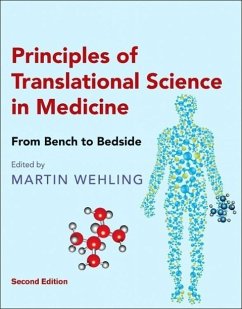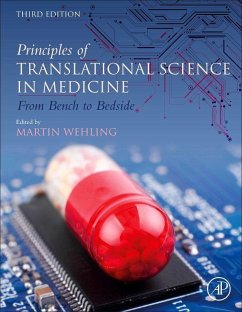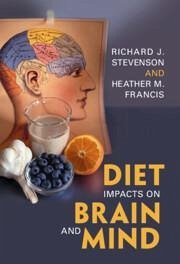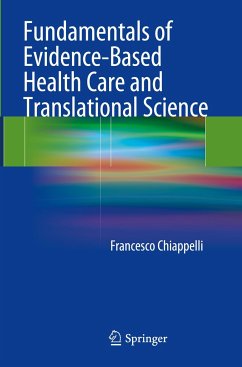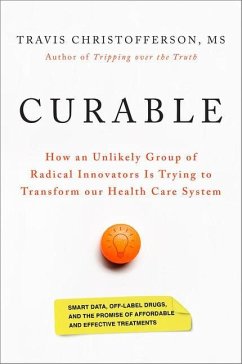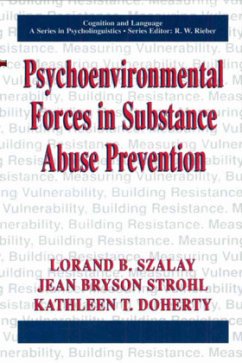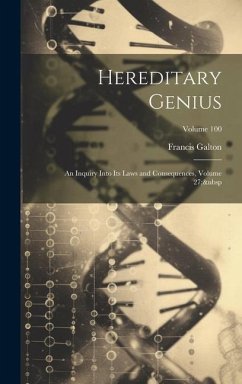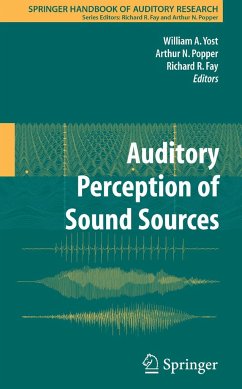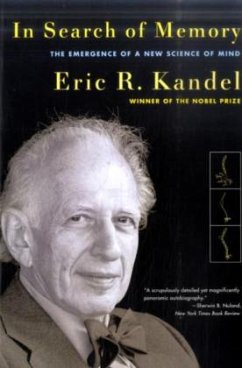
Principles of Translational Science in Medicine
From Bench to Bedside
Herausgegeben von Wehling, Martin
Versandkostenfrei!
Versandfertig in über 4 Wochen
86,99 €
inkl. MwSt.

PAYBACK Punkte
43 °P sammeln!
Despite advancements in the cloning of the human genome, biomedical innovations at patient level are rare events. Translational medicine is, however, a burgeoning science that shows potential to reverse the trend. This textbook provides a survey of translational medicine, emphasising its emerging scientific backbone, its strengths and weaknesses. It explores all aspects of preclinical and clinical issues relevant to the success of translational pharmaceutical or medical device or diagnostic innovations, including target risk assessment, biomarker evaluation, and predictivity grading for both e...
Despite advancements in the cloning of the human genome, biomedical innovations at patient level are rare events. Translational medicine is, however, a burgeoning science that shows potential to reverse the trend. This textbook provides a survey of translational medicine, emphasising its emerging scientific backbone, its strengths and weaknesses. It explores all aspects of preclinical and clinical issues relevant to the success of translational pharmaceutical or medical device or diagnostic innovations, including target risk assessment, biomarker evaluation, and predictivity grading for both efficacy and toxicity; early human trial designs, adequate to guide stop or go decisions on the grounds of biomarker panels; and biostatistical methods to analyze multiple readout situations and quantify risk projections. Translational Science in Medicine provides guidance to design profiling strategies for new approaches to the field. By generating dialogue about translational science Wehling explores the implications of this field on the future of patient care.



